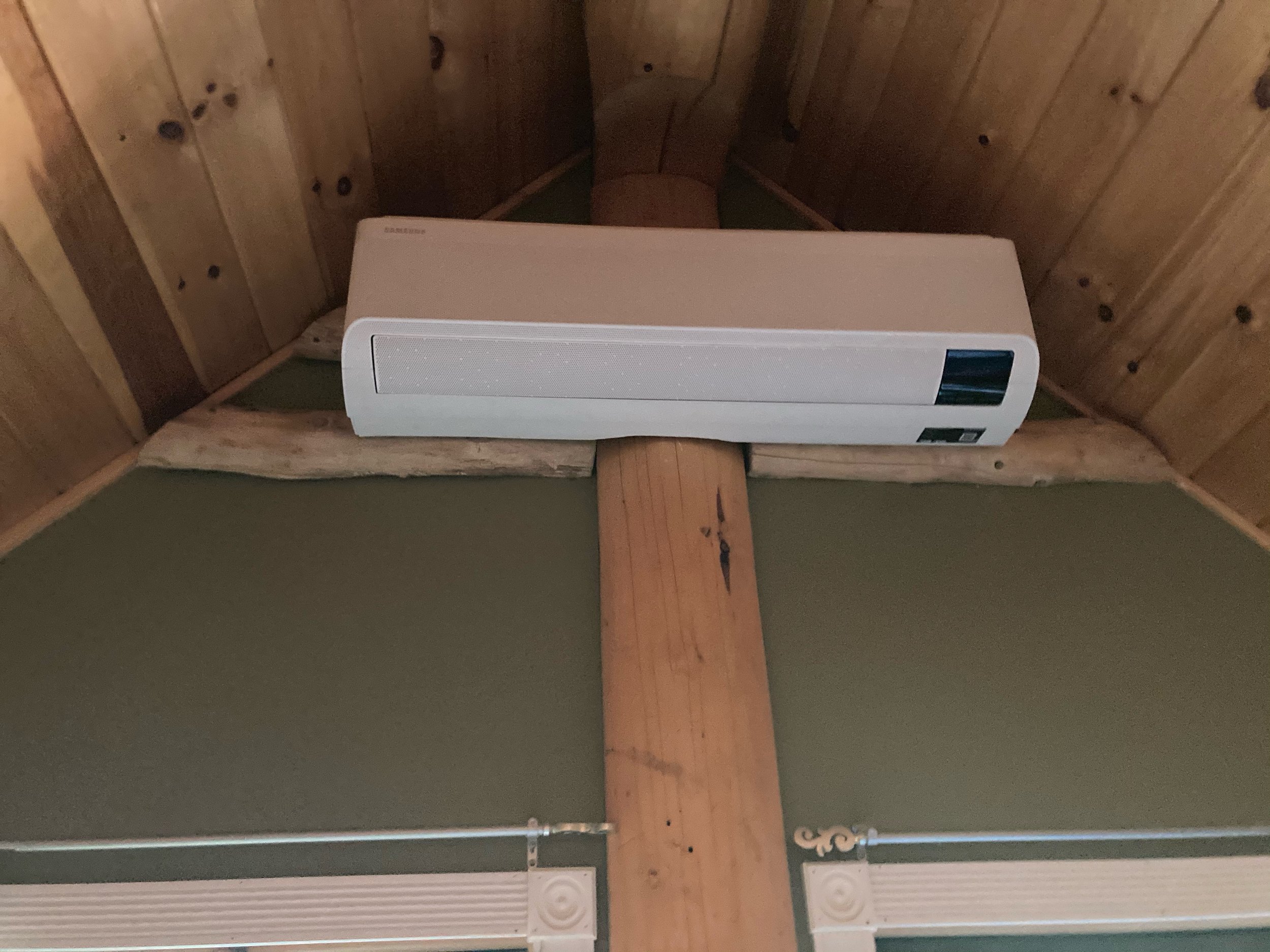
Our Services Offered
-
Home Consultation
We will schedule a time to walk through your home with you to see what kind of heating and cooling options you want for your home. We will answer questions you may have and provide input based on our experience.
-
Provide a Quote
After our in home consultation we will provide a detailed quote for you to review and compare. If you would like to move forward simply contact us and we’ll set up a install date.
-
Pre-install visit
Before the install we will come with our installers to review our game plan and provide you will details on our requirements to get the job done as smoothly and quickly as possible.

How you’ll feel
more Comfortable and clearheaded with increased energy and deeper sleep
BOOK YOUR FREE CONSULTATION.
Comprehensive home assessment
Personalized solutions, designs, and HVAC plans to help you reach your heating and cooling goals
Expert guidance and support via phone or email
Helpful tools, tips, and tricks for maintenance and efficiency
Call or email now to book your free home consultation.
FAQs
Can heat pumps heat a whole home without backup even in extreme cold?
Yes. Properly sized, selected, and located heat pumps can heat a home, without backup, down to temperatures as low as negative 22 °F regardless of windchill.
How will heat pumps impact my energy bills?
Electricity bills increase when you switch to heat pumps — sometimes significantly — but heating with heat pumps is usually less expensive than heating with oil, kerosene, or propane, so the bottom line is that heat pumps typically save money.
Is heating with heat pumps less expensive than with conventional heating systems at all temperatures?
No. Heating with heat pumps is less expensive than heating with oil above negative 1 °F or heating with propane above negative 11 °F. However, these temperatures are rare and switching to oil or propane below these temperatures and then failing to switch back to heat pumps when temperatures rise above these points could end up costing more.
Are heat pumps good for the environment?
Heat pumps are better for the environment because they do not directly burn fossil fuels to create heat. Gas or fuel oil used for heating, hot water and cooking makes up more than 10% of carbon emissions in the U.S. — with heating being the largest direct use of fossil fuels in buildings.
How do heat pumps impact my carbon footprint?
Heat pumps use electricity so their impact depends on where the electricity comes from. If you’re using 100% renewable electricity, there would be no emissions. Vermont’s electric grid is among the cleanest in the country so if you switched from oil to heat pumps powered by Vermont’s grid, you’d cut your carbon footprint by roughly two thirds.
I’m ready to buy a heat pump. What’s the first step?
You should first look for a reputable contractor who is familiar with heat pumps. Your electric utility company can likely provide a list of local names. The next step is to get several estimates to determine the right system for your situation. Depending on the size of your home, where you live and other factors, the most efficient type of heat pump will vary. (For example, some pumps are better for cold weather climates than others.) “You need a trained professional to do a proper evaluation of your home to make these determinations.
